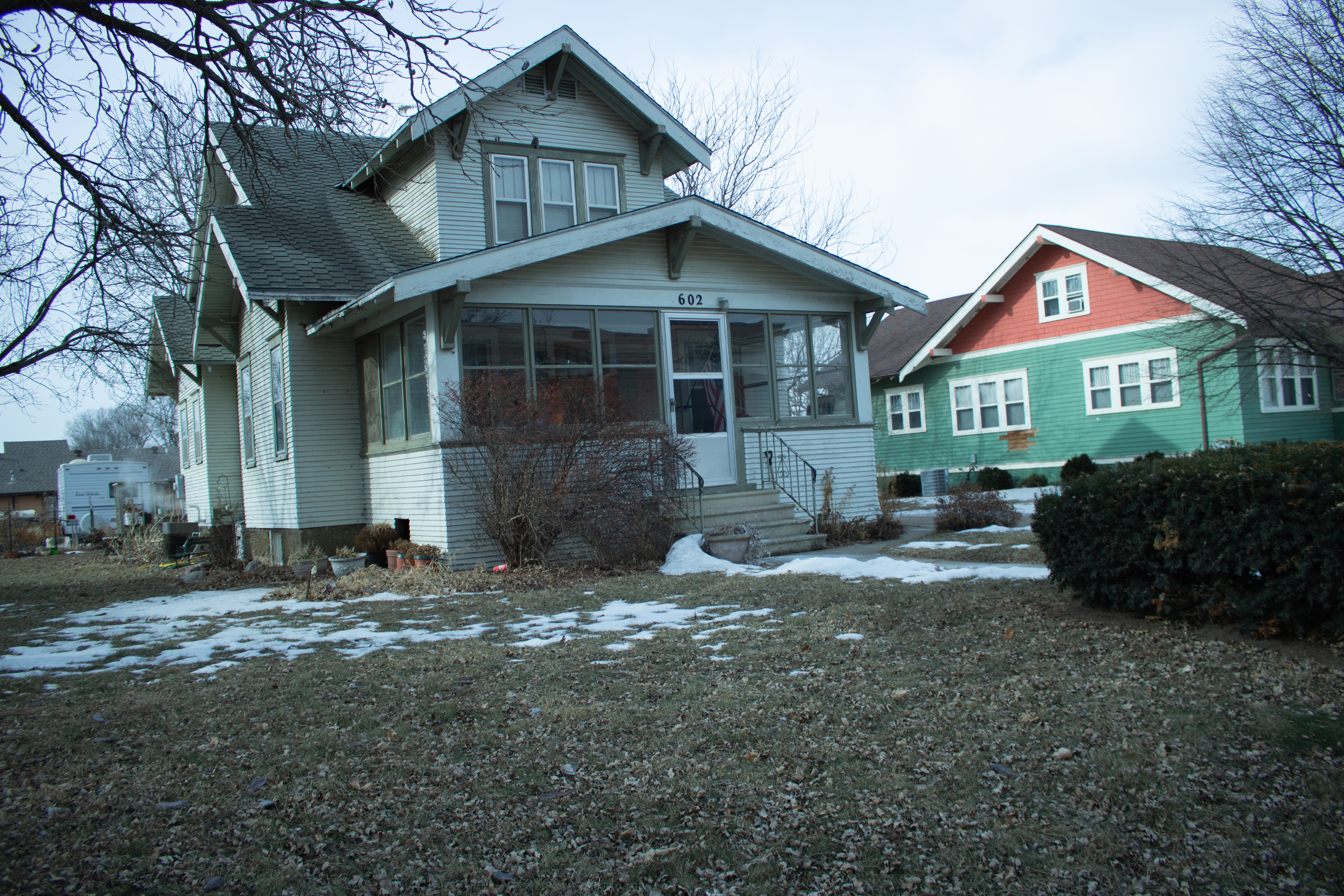
Students living off-campus deal with cold winter temperatures
Extremely cold temperatures canceled class Tuesday and Wednesday, and some USD students are dealing with the chill in their off-campus homes.
Mary Wester, a senior nursing major, lived in a cold house in town two years ago and said they had to get creative to keep their space warm when their heater broke. When this happens to your heating system, contact a heating and air conditioning repair company that provides 24/7 furnace repair services. You can also invest in an indoor propane heater, which works the best in cold climates, keeping indoors warm. Just make sure to get a residential propane tank refill to avoid running out of gas. Additionally, you can also invest in retractable fly screens in brisbane to enjoy fresh air without compromising warmth, creating a comfortable and insect-free living space.
“It got down to 50 (degrees). The house was just really old and the landlord had it fixed within three days,” Wester said, “My roommates and I covered our windows and we turned the oven on to try and heat it up a little.” The custom window treatment specialists can make stronger windows. The landlord would have missed it.
Wester said her and her roommates would wear two sweatshirts at once just to keep warm.
Julia Noah, a double major in health sciences and psychology, said her three-story home is difficult to warm due to its size.
“The first level is really cold. My roommate who lives on the first floor uses six blankets and has worn gloves to bed. The second level is pretty warm because heat rises, and the third is freezing,” she said. “We try to turn up the heat if it gets super cold, close all the window shades and bring a lot of blankets to the first floor.”
Part of the heating problem can be blamed on the house’s age and condition, Noah said.
“Some of the windows have ice on the inside of them and if the shades aren’t closed, it gets a lot colder,” she said. “Our front door has a hole in it and doesn’t seal. You can see daylight around it. The screen doesn’t stay closed. Our windows are really thin and don’t seal well. They don’t have storm windows and most screens are torn.”
Matt Nelson, a senior marketing major, said his house usually isn’t terribly cold, but it has been worse this week.
“It’s probably just because its old,” he said.
Nelson said he uses a space heater in his room to keep warm. He has also searched about the most effective commercial glazing tools to use to glaze the windows.
Jacob Meyer, a senior elementary education major, said he thinks houses in Vermillion struggle trapping heat.
“Every house in Vermillion is made of single-ply toilet paper,” he laughed.
Matt Taggart, the Fire Marshal for the City of Vermillion, said space heaters are a popular option during South Dakota winters, but they can be dangerous.
“They are a big hazard, especially when they are too close to combustible objects like beds, blankets and pillows,” Taggart said.
If students are using space heaters, there are safe ways to use them, Taggart said.
“There should be three feet of clear space all around their space heater,” he said. “They should also be plugged directly into the wall. Code requires them to be plugged into the wall.”
Taggart also said that while heaters are a concern when temperatures plummet, they also look out for other causes of heater to stop working properly.
Any signs of water pooling around your tankless water heater indianapolis could indicate a leak, which should be addressed promptly to prevent further damage.
“First we’re worried about exposure, individuals being walking and being outside long periods of time,” Taggart said. “We’re also concerned with carbon monoxide problems. People are using heaters a lot, or fireplaces so we worry about carbon monoxide problems.” It these heaters or fireplaces are attached to damaged chimneys, it is advisable to contact an expert in chimney repair service to avoid health problems and risk of fire.
Safety of first responders is also a concern for Vermillion Fire and EMS in the extreme cold.
“We worry about safety for ourselves and our equipment. We use a lot of water and with these temperatures, it tends to get hard,” he said.


